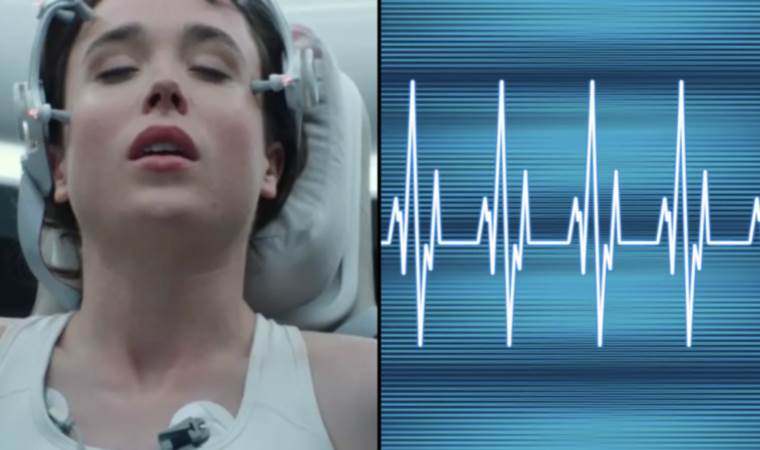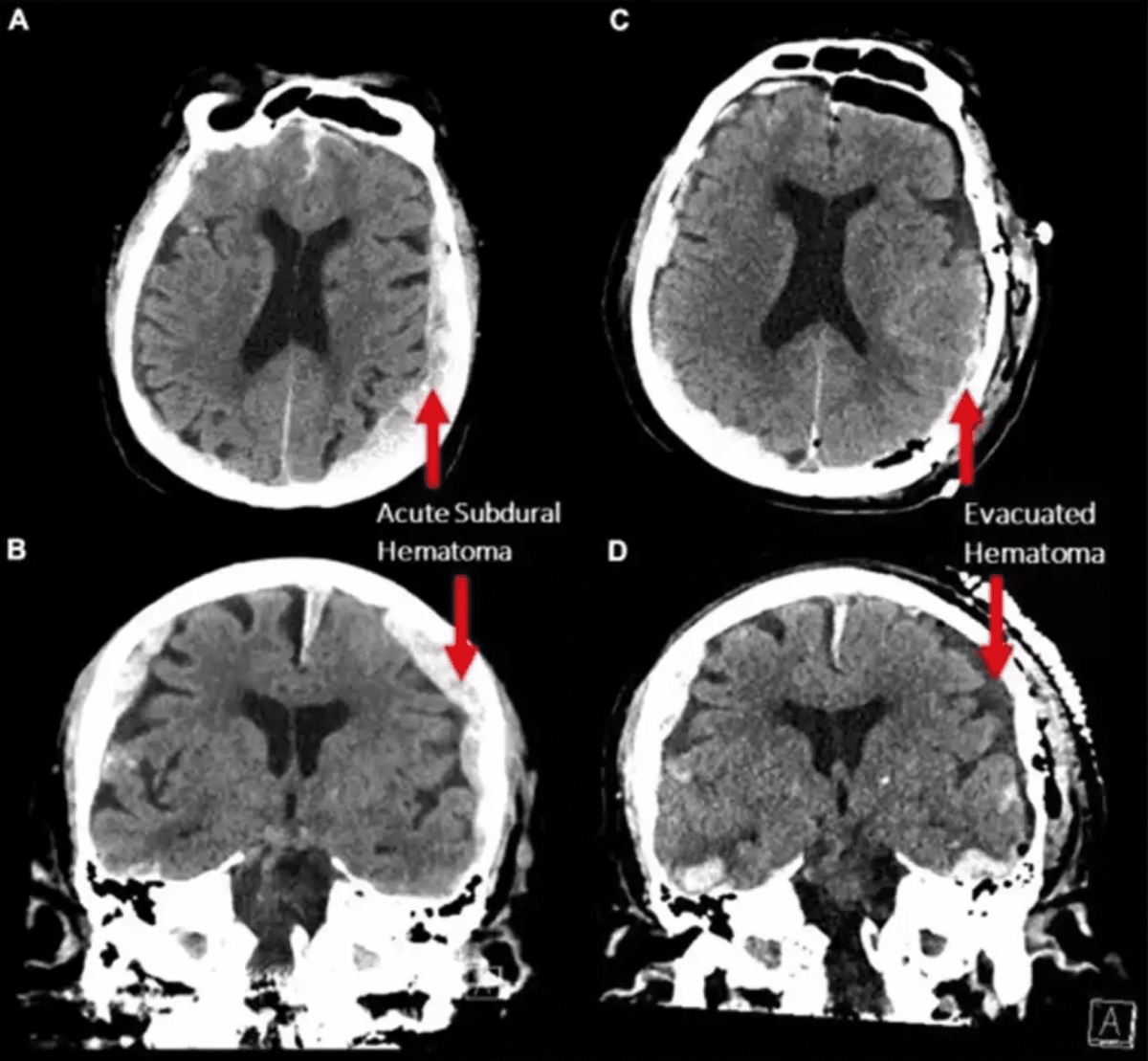First recording uncovers the brain's final thoughts at life's end
In a groundbreaking study, scientists have recorded a person's brain activity at the moment of death, revealing a surge in 'gamma oscillations' indicative of a final memory recall. This pioneering research offers a glimpse into the brain's last thoughts, challenging our understanding of life's final moments.

For centuries, the mystery of what occurs at the moment of death has intrigued humanity. From philosophical musings to religious beliefs, everyone has pondered the ultimate question: What happens when we die? Comedian Ricky Gervais once humorously captured this curiosity, saying, "Remember, when you are dead, you do not know you are dead. It is only painful for others. The same applies when you are stupid." Now, scientists may be closer to uncovering a part of this enigma.
A Landmark Study: First Recording of Death's Threshold
Researchers in the United States have conducted a study that might partially unravel the mystery of death. By performing an electroencephalogram (EEG) on an 87-year-old epilepsy patient, they captured the brain's activity at the time of death. This groundbreaking research revealed an increase in 'gamma oscillations' in the brain following the patient's passing from a heart attack, hinting at a potential flurry of memory recall.
Life's Last Recap: The Final Flash of Memories
Dr. Ajmal Zemmar, the study's lead author, suggests that the observed gamma oscillations could indicate the brain's final effort to retrieve important life events, mirroring accounts from near-death experiences. This hypothesis posits that our brains might be replaying cherished memories in our final moments. "These findings challenge our understanding of when exactly life ends and raise significant questions, such as those related to organ donation," said Dr. Zemmar.
Further Research Needed: A Step Towards Understanding
The study, published in the journal Frontiers in Ageing Neuroscience, aligns with similar observations in rats but is the first of its kind in humans. While the research offers groundbreaking insights, it is based on a single case study involving a patient with prior brain damage due to epilepsy. This limitation calls for further research to validate and expand upon these initial findings.
Implications and Reflections: A Comforting Thought
Despite the need for more extensive studies, this research offers a comforting possibility. As Dr. Zemmar notes, "Although our loved ones may appear to be at rest with closed eyes, their brains might be reliving some of the most beautiful moments of their lives." The study not only advances our scientific understanding but also provides a poignant reflection on the human experience at life's end.

